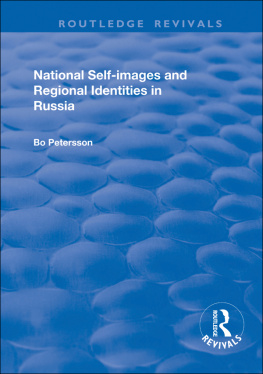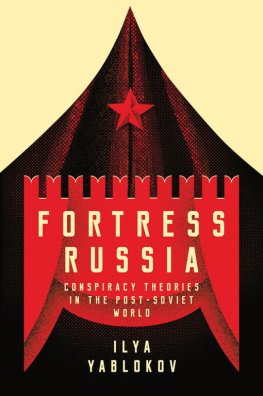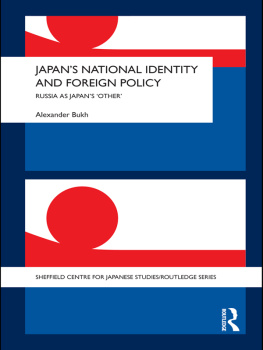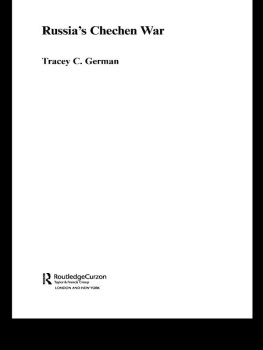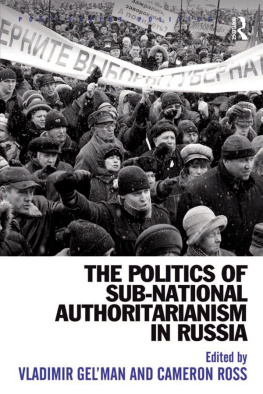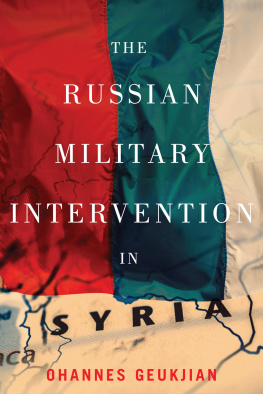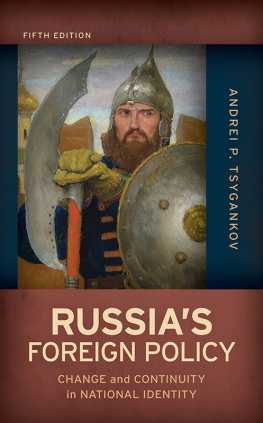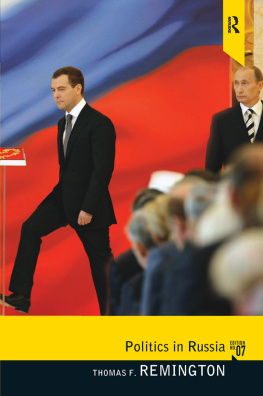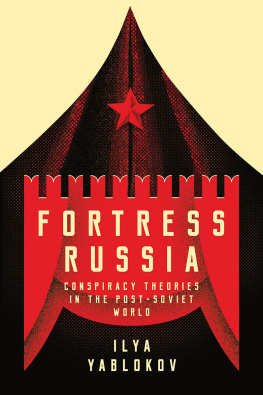First published 2001 by Ashgate Publishing
Reissued 2018 by Routledge
2 Park Square, Milton Park, Abingdon, Oxon OX14 4RN
711 Third Avenue, New York, NY 10017, USA
Routledge is an imprint of the Taylor & Francis Group, an informa business
Copyright Bo Petersson 2001
All rights reserved. No part of this book may be reprinted or reproduced or utilised in any form or by any electronic, mechanical, or other means, now known or hereafter invented, including photocopying and recording, or in any information storage or retrieval system, without permission in writing from the publishers.
Notice:
Product or corporate names may be trademarks or registered trademarks, and are used only for identification and explanation without intent to infringe.
Publishers Note
The publisher has gone to great lengths to ensure the quality of this reprint but points out that some imperfections in the original copies may be apparent.
Disclaimer
The publisher has made every effort to trace copyright holders and welcomes correspondence from those they have been unable to contact.
A Library of Congress record exists under LC control number: 2001086246
ISBN 13: 978-1-138-73323-7 (hbk)
ISBN 13: 978-1-315-18776-1 (ebk)
To write an academic book is quite different from experiencing the loneliness of a long distance runner. Of course, the writer is the one who has to do the actual pressing of the keys on a keyboard, but there is so much more to authorship than the admittedly lonely hours spent in front of a computer. Had I not had the benefit of intellectually rewarding exchanges of views, discussions and get-togethers, had I not been unselfishly assisted when abroad, and had I not been able to enjoy the hospitality of old and newly-found friends, what a pathetic book this would have been! Numerous friends, colleagues and acquaintances have contributed to improving and enriching this monograph. I wish to thank them all, even though but a few can be mentioned below.
The Swedish Council for Research in the Humanities and Social Sciences (HSFR) has been the main financial benefactor of the three-year project Russian Self-Images and Foreign Policy Orientations in a Time of Change which underlies this book. In this enterprise, Lotta Wagnsson has been a principal intellectual sparring partner. We have been working together on the HSFR project, and I have greatly enjoyed our meeting of minds. Likewise, it has been a pleasure to have Johan Matz onboard the HSFR project, and he, too, has provided valuable input to my work.
My inner circle has furthermore consisted of Bjorn Badersten, Christian Fernandez, Catarina Kinnvall and Barbara Tornquist-Plewa, all at Lund University. They have all read and commented drafts at different stages of completion, for which I am truly grateful. I am also indebted to those dear friends and colleagues who agreed to read the next-to-fmal version of the manuscript, even though it certainly meant using summer days that could have been used for better purposes. Theirs were fresh pairs of eyes and they all made immensely important suggestions for improvements to the manuscript. So, great words of thanks go to Farid Abbaszadegan, Christina Danielsson, Klas-Goran Karlsson, Per Manson, Inger Sjunnesson, Lars Goran Stenelo and Carolina Vendil.
Moreover, I benefited greatly from comments on early drafts offered by Tom Bryder, Kristian Gerner, Ulf Hedetoft, Magnus Jerneck, Christer Jonsson, Kerstin Nystrom, Alexa Robertson and Ingvar Svanberg. Also, Ekstromer, Viktor Mokhov, Oksana Oracheva, Ludmila Popkova, Helena Rytovuori-Apunen, and Elena Vinogradova all guided me on to useful texts previously unknown to me. I would also like to express my appreciation to Olga Filippova, Jan Leijonhielm and Ray Taras for their general support and encouragement. And Annika Hughes has, besides offering useful comments to the text, made valiant efforts to disentangle the somewhat unorthodox linguistic structures I have at times tried to apply.
Without the support of a great number of people in the field, the book would not have been feasible. Most of all, I would like to express my gratitude to those 110 Russian men and women who selflessly set aside time to allow themselves to be interviewed. Furthermore, the cooperation with Oksana Oracheva was tremendously important in the opening stages. Not only did she make the practical arrangements for my visit to Perm, but she was also a much needed intellectual sounding board for the make-up of the pilot study and the final construction of the questionnaire. I would also like to thank Viktor Mokhov, Oleg Podvintsev and his family, as well as Ljuba Fadeeva, for their great hospitality during my stay in Perm. Similarly, invaluable practical arrangements were made on my behalf in the other regional centres visited during my work. For this I would like to thank Natalya Akkusina, Elina Demenkova, Vladimir Gelman and Vladimir Ugryumov regarding St. Petersburg; Aleksandr Maksimov, Andrei Rogozhin and Anna Zeleznova in Volgograd; and Tatyana Tolkacheva and Svetlana Zamanskaya in Khabarovsk. Natalya Akkusina provided me with welcome linguistic back-up in connection with my interviews in St. Petersburg, as did Alyona Efimova in Volgograd.
Most of the interviews with State Duma deputies were conducted on my behalf in Moscow by Maria Tisell, and by Sofia and Martin Uggla. I am greatly appreciative of this. Maria Tisell also wrote the transcripts of her interviews, while Askar Sarsenov with great efficiency and precision took care of the interviews conducted by Sofia and Martin. I made a number of interviews with State Duma deputies in connection with a seminar arranged by SIPU International in Stockholm. I would like to express my appreciation to Bo Synnerholm and Hans Norgren at SIPU International for allowing me to use this opportunity, as well as to Katarina Salen and Jocke Emthen for, through their practical arrangements, greatly facilitating the interviews. Also, heart-warming hospitality was extended to me by my dear friends Anila and Anders Blixt in connection with the interviews in Stockholm.

